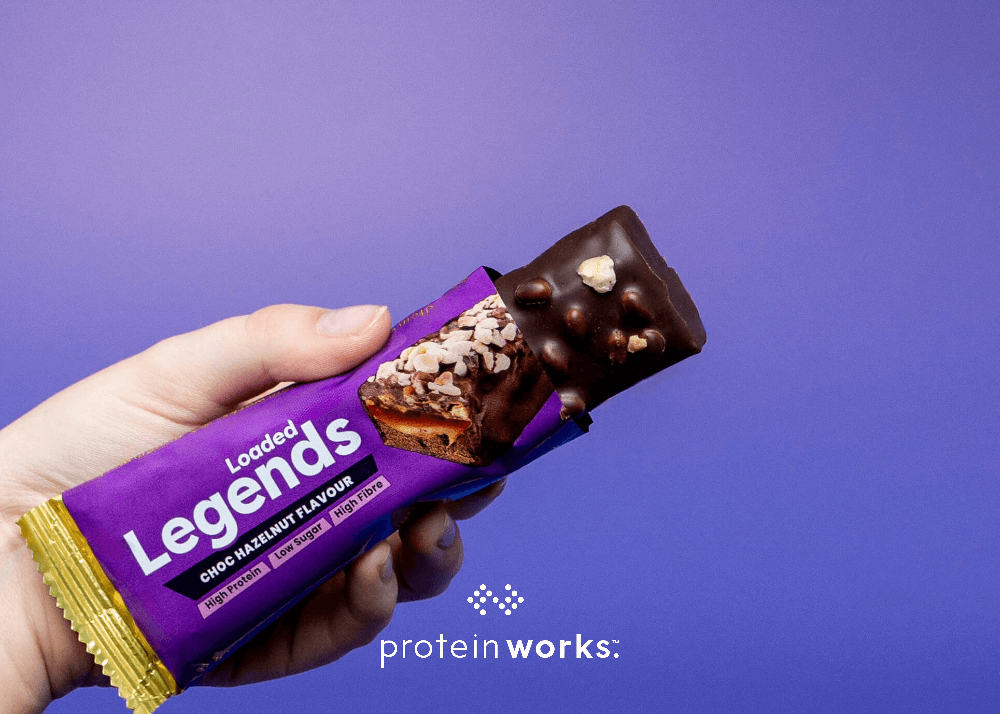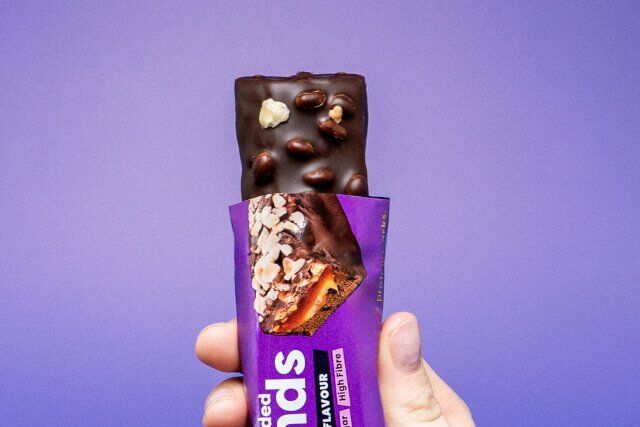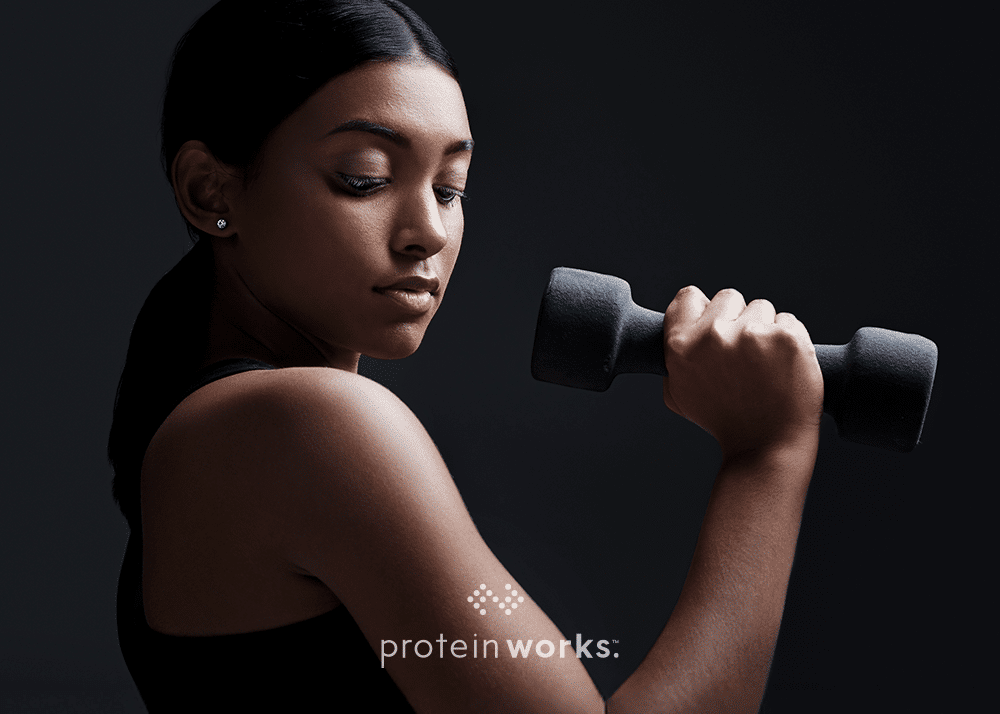
Are Protein Bars Good For You?
Many of us hustling through our busy lives use protein bars for their convenience and deliciousness.
These compact and nutritious snacks that have become a staple but are protein bars actually healthy for you? Could they be the key to your nutrition goals, or could they alter your eating habits?
The answer isn’t as straightforward as you might think.
Let us help you make an informed decision about whether protein bars are good for you…
When is the Best Time to Have a Protein Bar?
It can be a controversial topic when it comes to when to consume protein. In the days when protein bars were primarily consumed by gym-goers, the popular misconception was that they should be consumed pre or post-workout.
However, timing is different for everyone based on lifestyles and jobs so the most important thing is meet all their protein macros, with the amount of protein needed divided up rather evenly throughout the day.
The Benefits of Protein Bars
1. Easy and Convenient Source of Protein
Protein bars are renowned for being one of the best protein snacks there is and they’re ideal for keeping on hand while you’re rushing from meetings to the gym or juggling a demanding schedule.
They can help nourish your body with important amino acids, boost muscle regeneration, and keep hunger at bay when you’re short on time.
Put them in your desk drawer, workout bag, or car for a quick and easy snack whenever and wherever you need it.
2. Supports Muscle Recovery and Building
After exercise, a protein bar can help your body repair damaged tissue and grow new muscle during muscle recovery.
Protein bars include amino acids, which are the building blocks of muscular tissue and help reduce muscle pain after exercise and help you bounce back stronger.
3. Can Stabilise Blood Sugar Levels
Protein bars can assist patients with diabetes or prediabetes maintain healthy blood sugar levels by delivering consistent energy without producing blood sugar spikes like other sugary foods.
4. Help you Feel Fuller for Longer
There are many different snacks you could choose from when you’re hungry, but protein bars are considered to be among the healthiest options.
Because of its high protein content and low sugar content, it keeps you from overindulging in snacks during the hours between your workout and dinner, breakfast the next day, or whatever meal is on the horizon.
It also fills you up more than a chocolate bar or another smaller snack.
The Drawbacks of Protein Bars
1. Added Sugars and Artificial Ingredients
Not all protein bars are created equal. The calories and sugar in some protein bars are so high that they’re almost no different from the calories and sugar in a chocolate bar.
While added sweeteners might make them taste great, they can be harmful as well.
It’s essential to read labels carefully and opt for bars with minimal or no added sugars. Our Ridiculous Vegan Protein Bars are low in sugar, and contain zero artificial sweeteners.
2. Taste
It isn’t uncommon for protein bars not to taste that great. Some people describe them as being almost gritty and dry, without any sweetness, and they’re unsatisfying when you’re craving something specific.
Consequently, a lot of supermarket protein bars contain sugar and carbs to make them sweeter, tastier and less healthy. In fact, some of them contain very little protein, making the phrase “protein bar” nothing more than a marketing slogan.
Rest assured that this couldn’t be further from the truth with our iconic Loaded Legends bars which are known for their creamy, soft and fudgy interior.
3. Potential for Allergens
Many protein bars contain common allergens like nuts, soy, or dairy. Individuals with allergies or sensitivities should carefully review ingredient lists to avoid any adverse reactions.
So, Are Protein Bars Good for You?
So, are protein bars good for you? The answer largely depends on the specific product and your individual dietary needs.
When chosen wisely, protein bars can be a convenient and beneficial addition to a balanced diet if you look for bars with quality ingredients, minimal added sugars, and a balanced macronutrient profile.
As with anything in life, moderation is key. Incorporating protein bars in a thoughtful and balanced manner can be a valuable tool in supporting your overall health and fitness goals!






